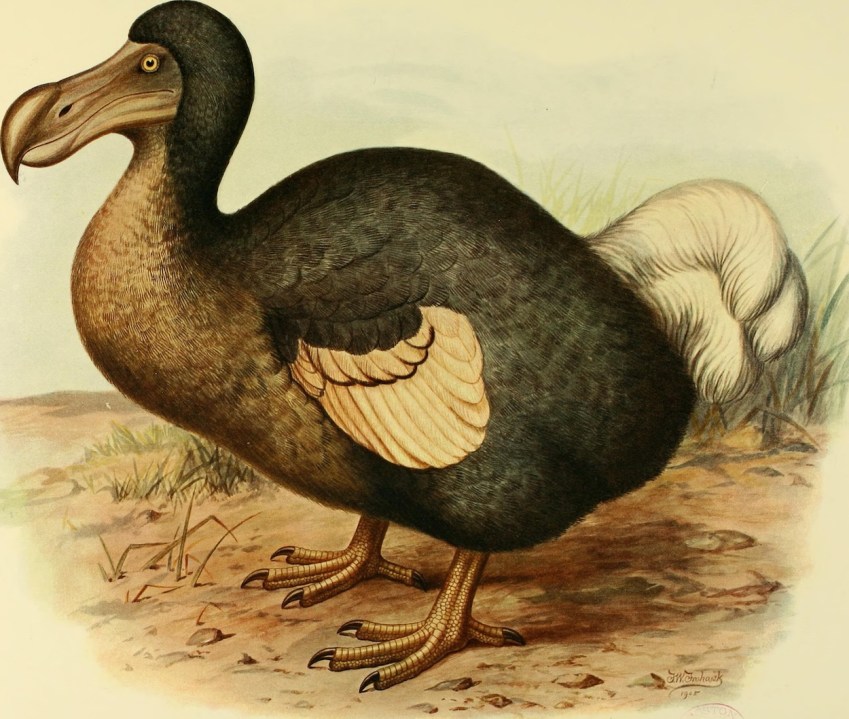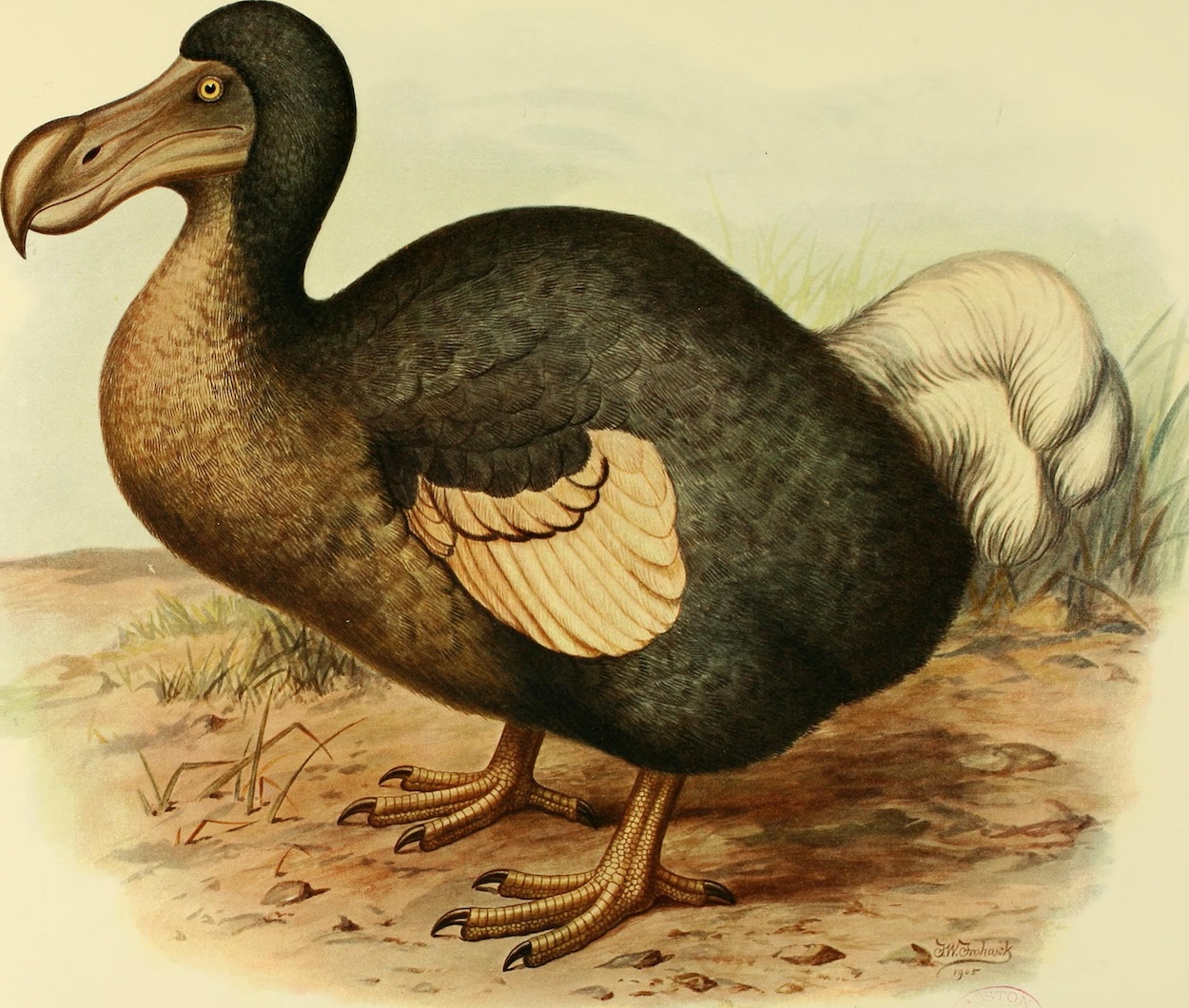It is getting pretty bitter in the world of evolutionary biology, and it could come down to the survival of the fittest. In August I reported here on the extraordinary spat between Professor John Wiens of the University of Arizona – who formerly wrote of a ‘sixth mass extinction’ but has since changed his mind and now thinks the destruction of species would come in at a lower level – and Robert Cowie of the University of Hawaii, who damned Wiens for daring even to question the scale of the expected wipe-out of life forms over the coming centuries.
‘Arguing that we are not experiencing a sixth mass extinction, or at least playing it down, gives support to those who would happily allow it to happen,’ wrote Cowie in the normally docile pages of the journal Trends in Ecology and Evolution.
If Cowie was expecting his fellow biologist to be chastened, however, he has another think coming. Wiens has just followed up his paper with another contribution to the debate, this time working with a junior colleague. In a study published in the Proceedings of the Royal Society B they claim that the rate of extinction among animal and plant species has actually slowed over the past century.
Studying 912 species which have gone extinct over the past 500 years, they report that extinction rates reached a peak around a century ago, driven mostly by the arrival of invasive species on islands which had been opened up through exploration. In continental locations, extinctions were predominantly among freshwater species. But crucially, Wiens and his colleague found that there has been no increase in extinctions linked to climate change over the past 200 years, in spite of changes in the climate since then. Most of the species currently facing extinction, the paper suggests, are in that position because of habitat loss. As for the decline in extinctions, it suggests that this is in part down to human efforts to save species. Conservation, in other words, is a success – not a token gesture in the face of a gathering collapse of life on Earth.
This matters, because many of the grim predictions of a ‘sixth mass extinction’ have been based on an extrapolation from numbers in the past. The theory is that animals and plants have been wiped out by climate change, and that this will accelerate as the climate continues to change even more. But if the demise of species to date has less to do with climate change than with other reasons, such as habitat loss and competition from invasive species, then this breaks down. Moreover, if you are going to extrapolate from rates of extinction over the past century, you are going to predict a future in which extinctions cease altogether.
As in his last paper, Wiens is keen not to play down the threats facing species, writing that his findings do not ‘mean that climate change is not a threat. It just means that past extinctions do not reflect current and future threats.’ Whether that will be enough to satisfy his fellow evolutionary biologists, or whether he will again be condemned for dallying with extinction deniers, remains to be seen. But for the moment it does seem as if the theory of the sixth mass extinction is itself under threat. It may even be already dead in the water.









Comments